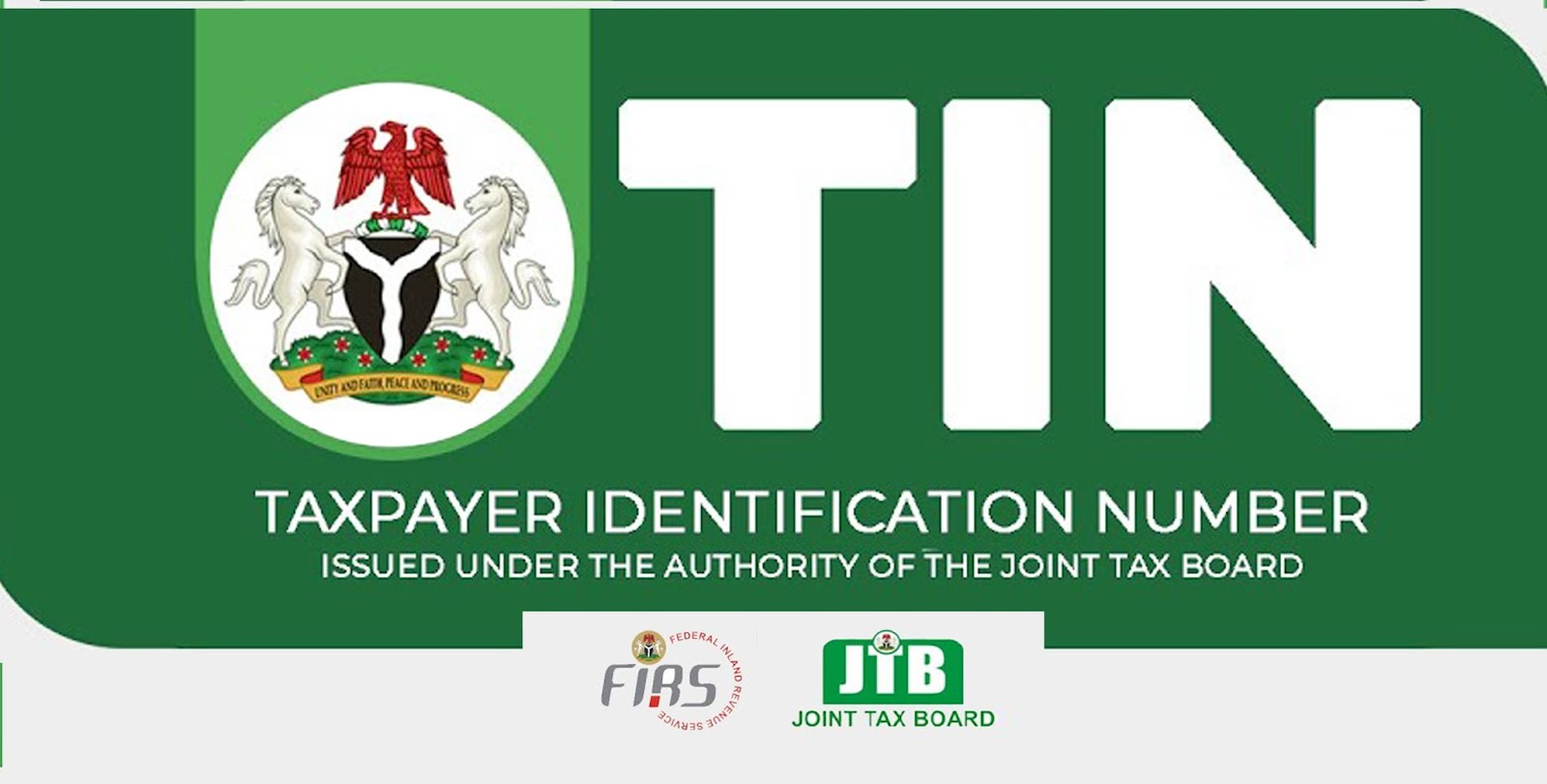Traders, Transporters Reject New Naira Notes
The Central Bank of Nigeria’s release of the new naira notes has been the subject of several accounts of confusion, shortage, and even rejection (CBN).
According to reports from yesterday, several Nigerians were slow to accept the new notes, with some businessmen and transporters refusing to do so.
In certain areas of the country, including the capital Abuja, the notes are so scarce that banks are restricting them or continuing to print the old ones.
Some dealers told The Nation that they will continue using the old notes for the time being while keeping an eye on developments in the coming days and weeks.
Many Benin market vendors claimed they could not guarantee for the legitimacy of the new naira notes that some customers wanted to use to purchase goods.
To prevent regrets, Mrs. Uche Chukwuma of New Benin Market said she decided to continue collecting the old naira notes from her clients for the time being.
Chief Ehis Osemwengie, a different merchant at Oba Market in Benin, said he made the decision to stick with the old naira notes until he became accustomed with the new ones.
Operator of a Point of Sale (POS) centre in Mokola, Ibadan, Mr. Tobi Adejare, said that none of his clients requested the new naira notes.
Customers also complained that the new naira notes’ designs did not appeal to them, making it harder to spot phoney ones.
Kayode Omole, a tricycle passenger in Sango, Ibadan, stated: ” I have no option than to continue spending the old naira notes pending the deadline given by CBN. I prefer the old notes to the new ones.”
On Gimbiya Street in Garki Area 11, a young man selling bananas refused to take the new N500 note, saying he wasn’t sure if it was real or fake.
A dealer was shown rejecting the new naira currency from a client in a popular video that one of our journalists saw. She said the nation does not recognise the new money as legal cash.
Banks rationing new Naira notes in Abuja
A yesterday in Abuja conducted investigation by The Nation revealed that banks were forced to restrict the new naira notes.
Employees of banks in Abuja, the Federal Capital Territory (FCT),
acknowledged receiving the new Naira notes but said they were being cautious in distributing them to consumers, according to The Nation.
They said that the restriction was necessary because there wasn’t enough of the bigger N200 and N500 denominations to go around, and many bank clients didn’t want to carry about significant amounts of money in the N200 denomination.
Customers were uninterested in the new notes, according to the bank employee.
In Ibadan, where it was learned that the new N1000 notes were more widely used than the others, there was a similar shortage scenario.
A source in one of the banks said: “The new notes are not yet enough. What has been introduced so far are the N1000 notes in most of the banks.
“Customers are not keen about getting it knowing they have till January. There is no rush.
It is being rationed so as not to be concentrated in the hands of a few.”
The deadline for switching from old to new notes was extended, according to several Ibadan residents.
Deborah Adekitan, a merchant in Bodija, Ibadan, claimed there was a scarcity of the new naira notes and pleaded with the government to extend the one-month deadline for the phase-out of the old notes.
The CBN’s Director of Currency Operations, Ahmed Bello Umar, had previously stated that the new notes will start to be distributed around the nation on last Thursday.
“That doesn’t mean that it’s going to be immediate for us to start distribution because we don’t want to create panic or stampede in the way people want to collect the new notes,” he said.
The CBN has previously warned the banking public that when the new cash withdrawal limit policy goes into effect, there would be fewer higher denomination currencies in circulation and more lower denominations.
Additionally, it was verified that the majority of banks in Abuja had not yet set up their Automated Teller Machines (ATMs) to accept the new naira notes for payment.
Automated Teller Machines (ATMs) still dispensing old naira notes
Further investigation revealed that the majority of Automated Teller Machines (ATMs) in the nation are still issuing outdated naira notes.
ATM machines were still distributing the old notes in Benin City, the capital of Edo State, and the surrounding areas. Customers were also compensated by commercial banks in the banking rooms using the outdated currency.
Commercial bank employees who placed cash into Benin’s ATMs yesterday declined to comment on the situation and instead sent our correspondent to their corporate offices in Lagos.
The similar situation existed in Abia, where commercial banks were still issuing outdated bank notes to their clients.
Old naira notes were still being distributed at commercial banks’ ATMs and over the counter by employees serving clients seeking cash withdrawals in the banking hall, according to our reporter who visited several of the state’s commercial banks yesterday.
This goes against the Central Bank of Nigeria’s (CBN) directive that banks start paying their clients using the new notes.
When our correspondent visited many banks, several of the clients who wanted anonymity expressed their disappointment that their institutions had not yet followed the CBN governor’s directives.
They asserted that their desire to hold fresh naira notes had been crushed.
Bank customers in Plateau State were left disappointed for the second day in a row yesterday, as most of the state’s commercial banks were still dealing with the non-availability of the redesigned Naira notes.
Cash Withdrawal Limit: POS Operators petition Buhari, NASS
The CBN’s cash withdrawal restriction policy, announced alongside the redesign of the naira notes yesterday, sparked objections from Nigerian POS operators and the Arewa Consultative Forum (ACF).
In a petition to President Muhammadu Buhari and the National Assembly, the Association of Mobile Money and Bank Agents in Nigeria (AMMBAN) requested that the programme be suspended in order to safeguard the livelihoods of 1.4 million bank agents.
Mr. Victor Olojo, National President of AMMBAN, told media in Abuja that if the policy is not halted or reconsidered, over 1.4 million people will lose their employment.
The group explicitly demanded that the maximum weekly withdrawal limit be increased to N500,000 for individuals and N3 million for business organisations.
They also stated that their engagement with key stakeholders will continue.
Olojo at the news conference said, “AMMBAN believes the cashless policy in its current state hasn’t provided for Mobile Money and Bank Agents in Nigeria adequately.
“Even as the CBN Governor made reference to the fact that Mobile Money and Bank Agents are spread across the country saying that that is one of the reasons why he strongly feels the country is ready for the cashless policy, the policy puts the jobs of over 1.4million agents on the line in its present state.
“This and many other germane reasons informed the decisions of the Association to engage the CBN, the National Assembly and other relevant stakeholders.
“This is to ensure that while we show support for the cashless policy of the government through the CBN, the policy should recognise the categorisation of Agents’ accounts as it does individuals and corporate entities.”
The organisation stated that it had discussed the issue with Senator Uba Sani, Chairman of the Senate Committee on Banking, Insurance, and Other Financial Institutions, and his equivalent in the House of Representatives, Hon. Victor Nwokolo.a
He said: “they were all in agreement that owing to the high relevance of Mobile Money and Bank Agents in the successful implementation of the Cashless policy, there has to be categorisation of the accounts to be able to serve the Nigeria people especially in areas where there are no banks or basic infrastructure to enhance the usage of alternative channels of transaction.
“It is worthy of note that AMMBAN and her members have always been at the forefront since the inception of the Financial Inclusion drive in ensuring the achievements of the set goals.
“It is strongly believed that no success story can be told without the selfless efforts of agents who, against all odds, go to the creeks and hinterland in the drive to deepen financial inclusion goals as set by the CBN.”
Why cash withdrawal limit must be reviewed, by ACF
In its own reply, the ACF argued that the CBN’s insistence on executing the policy would result in a catastrophic collapse of the economy’s informal sector.
In a statement, the forum’s Secretary General, Murtala Aliyu, said the CBN seems to have brushed over the reality that transactions in commodities markets, particularly in rural regions, are purely cash-based.
The statement: “The decision by the Central Bank of Nigeria, CBN, to kick start the long anticipated cashless payments regime in Nigeria with effect from January, 2023, is well justified, perhaps even well intentioned. Cash based economies are notoriously costly, inefficient and prone to attacks by evil people.
“A huge amount of time and money is needed to print the currency and a lot more still to steer it through the system. The currency notes themselves have a shelf life after which they have to be replaced. Cash is the lifeblood of the underworld: difficult to trace and quite convenient for terrorists, money launderers, smugglers, vote buyers, etc.
“So, yes, the less cash available for all these criminals as the CBN is trying to achieve, the better for law abiding citizens. That said, we do need to remember that the road to hell is paved with good intentions. CBN officials may have the best of intentions while contemplating this policy but evidently failed to consider the unintended consequences of implementing it in the way they have planned; consequences that may be extremely grave.
“If the CBN insists on implementing this wholly unrealistic policy of restricting individual’s cash withdrawal from the banks to N20,000 per day and N100,000 for a week or N500,000 in the case of corporate bodies, it won’t be long before we suffer a catastrophic collapse of the informal sector of the economy. More than anyone, CBN knows that transactions in commodity markets especially in the rural areas are entirely cash based.
“The villager that brings to the market his chickens, beans, onions, goat or cows does not typically have a bank account or internet skills. Cash remains the overwhelming medium of exchange for much of the country particularly in the North. This should surprise no one as bank offices are largely unavailable even for people who are keen and have the skills to use them.
“Even by the CBN’s reports, over 38 million adults in Nigeria do not currently have access to banking services with “women, rural dwellers, Micro-Small and Medium-Sized Enterprises and Northern Nigeria” being among the most disproportionately excluded. And despite its pious pretensions, it is on record that the CBN under the present management, apparently out of desire to safeguard the interests of the commercial banks, has done much to undermine and stifle the progress of financial inclusion in Nigeria.
“Thanks to the decisions taken by the CBN, Nigeria, today, despite its size, has the dubious record of having the lowest financial penetration in all of Africa, perhaps in the world. Under the circumstances, the CBN will do itself and the country a world of good if it invests more efforts at addressing these challenges. It should start by ensuring that various financial institutions are created in sufficient numbers and in all parts of the country.
“It should allow a level playing field for a wide range of financial providers and encourage partnerships between them. Furthermore, the CBN must enforce strict regulations that protect people’s money. It must inform, encourage and prepare the public adequately for the transition.
“Until the CBN is able to address these challenges substantially, a preemptive move or a”frog-jump” into a cashless payments system, however well intentioned, will only land us into a bottomless pit.”













